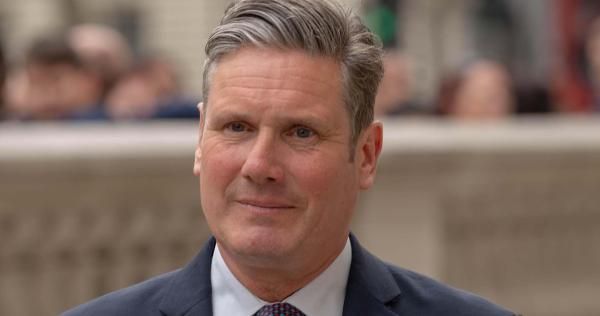Labour Party manifesto: an initial response

According to the IFS Director, Paul Johnson, he mentioned that...
This wasn't a declaration for people searching for large figures. The raises in public services spending that were pledged in the "costings" chart are small and insignificant. The tax hikes, aside from the expected reduction of tax evasion, are even less significant. The most substantial commitment, to the highly praised "green prosperity scheme," comes in at only £5 billion every year, which is supported partly by borrowing and partly by imposing a "windfall tax" on major oil and gas companies.
Aside from that, there are hardly any clear commitments to spending from Labour even though they recognize major issues with child poverty, homelessness, college funding, healthcare for adults, local government budgets, pensions, and other matters. However, there are some definite assurances that certain actions will not be taken, such as not allowing debt to increase by the end of the projection, not placing more taxes on workers, and not raising income tax rates, National Insurance, VAT or corporation tax.
There are several areas of public service that have enormous potential, with the NHS being one of them. The Labour party has reaffirmed their dedication to improving the workforce plan, removing the waitlist for patients waiting 18 weeks or longer, and increasing the number of hospitals available. While these are ambitious goals, they will necessitate a significant investment in funding.
This poses a challenge for the Labour party. Based on predictions, and taking into account an additional £17.5 billion in borrowing over the next five years to support the green prosperity plan, there is absolutely no flexibility – according to the fiscal rule that Labour has agreed to – to spend more than what the current government has already planned. The current government intends to decrease funding for public services and investment spending, which means that Sir Keir Starmer's promise to avoid similar cuts is difficult to fulfill. It remains a mystery as to how they plan to reconcile this dilemma once they come into power.
It's possible that the economy could grow better than expected, which would make it easier to manage the budget. However, recent history shows that this isn't very likely. If the economy doesn't grow as projected, then the government will have to either cut spending, fudge the numbers, or raise taxes. The additional spending promised in the manifesto is mostly going towards the NHS and schools, not towards reducing cuts to other public services. Both the Conservatives and the Liberal Democrats are avoiding talking about the challenges they will face, along with Labour. These challenges are already well-known, and simply being shocked by them after the election won't be enough.
It is a good thing that there is a lot of attention being given to having a strong economy that is stable. To achieve this, there needs to be some changes in planning, industrial strategies, and regulations and even education. Although we don't know the specifics, the general direction seems good. If we have better policies, it can help us grow better. There is still a lot of work that needs to be done, and it could take some time to see results, and we can't be certain of how effective it will be. The next Parliament will still have some tough decisions to make.
The manifesto offered by the party pledges to tackle numerous challenges faced by the country, with a range of reviews and strategies. This is more praiseworthy than simply listing incomplete policy announcements. However, to truly bring about significant change, it is likely that actual resources must also be provided. Unfortunately, the manifesto does not reveal any plans for financing these initiatives.
Later today, there will be additional information regarding the manifesto released by IFS researchers. This information will include more detailed analysis.

















































